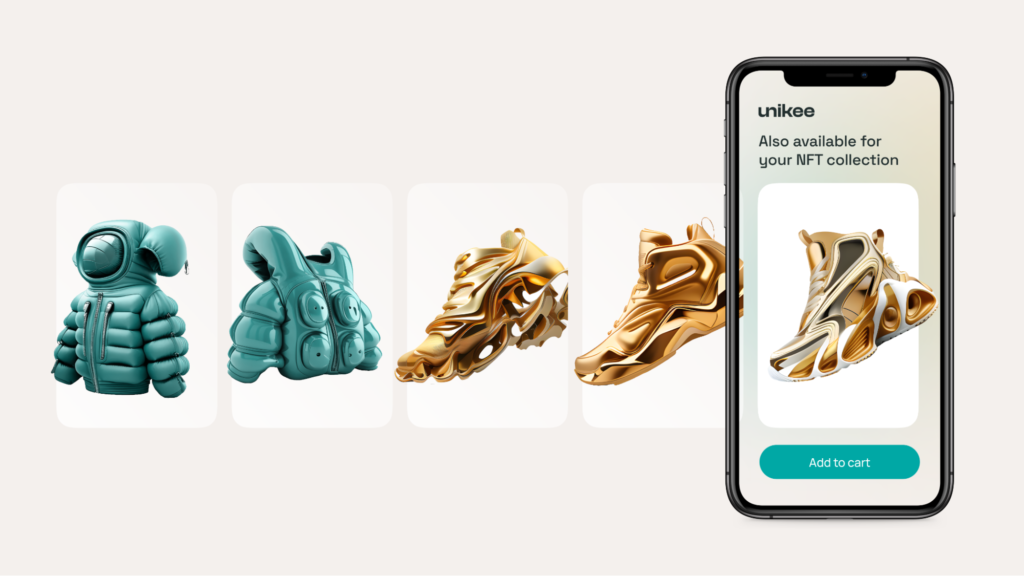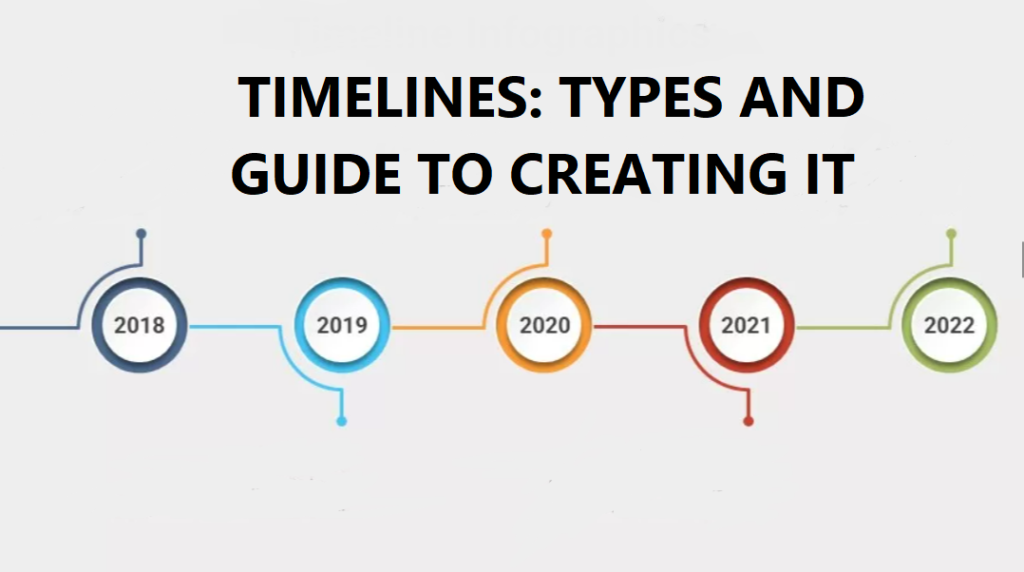In a rapidly evolving digital landscape, staying ahead of the curve is crucial for brands looking to maintain a competitive edge. With the emergence of Web3 and NFT (Non-Fungible Token) technologies, a new realm of possibilities has opened up, revolutionizing the way businesses interact with their customers and unlocking unprecedented opportunities for growth.
Here’s why brands should be at the forefront of this technological revolution:
Enhanced Customer Engagement:
Web3 and NFT technologies provide brands with innovative ways to engage and connect with their audience. By leveraging decentralized platforms and blockchain-powered interactions, brands can create immersive and interactive experiences that go beyond traditional marketing methods. NFTs, in particular, enable the creation of unique digital assets that customers can own, trade, and engage with, fostering a deeper sense of loyalty and community
Increased Monetization Opportunities:
With NFTs, brands can monetize their digital assets in entirely new ways. By tokenizing digital content, whether it’s art, music, or virtual goods, brands can create scarcity and exclusivity, driving up their value. This opens up avenues for new revenue streams, such as selling limited-edition NFTs or offering special perks and access to NFT owners. Brands that embrace Web3 and NFT technologies position themselves as pioneers in this exciting monetization landscape.
Authenticity and Transparency:
Blockchain technology, a foundational component of Web3, offers unparalleled transparency and security. By leveraging the immutable nature of blockchain, brands can provide proof of authenticity and ownership for their products or digital creations. This authenticity resonates with customers who value transparency, trust, and the ability to verify the origin and history of the items they purchase.
Future-proofing Business Operations:
As Web3 and NFT technologies continue to gain momentum, they are becoming integral components of the digital landscape. By staying ahead and adopting these technologies early on, brands future-proof their business operations. They position themselves to leverage the benefits of decentralized platforms, smart contracts, and frictionless transactions. This forward-thinking approach ensures that brands remain relevant and adaptable in an ever-changing business environment.
Access to a Global Community:
Web3 technologies enable brands to tap into a global community that transcends geographical boundaries. NFT marketplaces and decentralized platforms provide access to a vast network of users, collectors, and enthusiasts. Brands that embrace this technology can connect with a global audience, gaining exposure and expanding their customer base exponentially. The decentralized nature of Web3 ensures inclusivity, empowering brands to reach customers they might not have otherwise reached.
Why Retail Brands Struggle to Implement Web3 and NFT Technologies
While the potential benefits of Web3 and NFT (Non-Fungible Token) technologies are enticing, many retail brands find themselves facing significant challenges when it comes to implementing these innovations. Let’s explore some of the reasons why retail brands find it hard to implement these cutting-edge technologies:
Technical Complexity:
Implementing Web3 and NFT technologies often requires a deep understanding of blockchain, smart contracts, and decentralized platforms. Retail brands may lack the in-house technical expertise required to navigate this complex landscape. Integrating these technologies into existing e-commerce systems, ensuring compatibility, and maintaining a seamless user experience can be challenging, leading to delays and increased implementation costs.
Limited Infrastructure Support:
Despite the growing interest in Web3 and NFT technologies, the supporting infrastructure is still in its nascent stages. This lack of robust infrastructure makes it difficult for retail brands to find reliable solutions and partners to support their implementation efforts. The scarcity of well-established NFT marketplaces, decentralized exchanges, and scalable blockchain networks poses significant hurdles for retail brands looking to dive into this space.
Regulatory Uncertainty:
The regulatory landscape surrounding cryptocurrencies, blockchain, and NFTs is evolving and can vary greatly between jurisdictions. Retail brands must navigate the complexities of compliance, legal frameworks, and tax implications associated with adopting these technologies. This uncertainty adds a layer of risk and administrative burden that may deter brands from fully embracing Web3 and NFTs.
Consumer Adoption and Education:
While the interest in NFTs has surged in recent years, the concept is still relatively new to many consumers. Educating customers about the benefits and mechanics of NFTs can be a challenging task for retail brands. Overcoming the perception that NFTs are merely speculative investments or passing trends requires dedicated efforts to inform and engage customers effectively.
Integration with Existing Systems:
Integrating Web3 and NFT technologies seamlessly into existing retail systems is often easier said than done. Retail brands have invested substantial resources in building and optimizing their current e-commerce platforms, payment gateways, and supply chain management systems. Retrofitting these systems to accommodate Web3 and NFT technologies can be disruptive and resource-intensive, making the transition challenging for retail brands.
Scalability and Cost Concerns:
As NFTs gain popularity, scalability becomes a critical concern. The limited throughput and high transaction costs of certain blockchain networks can hinder the mass adoption of NFTs by retail brands. Retail brands need solutions that can handle a high volume of transactions efficiently and cost-effectively, which can be a challenge in the current blockchain ecosystem.
How Ready-Made Solutions Streamline Web3 and NFT Development
While the adoption of Web3 and NFT (Non-Fungible Token) technologies may seem daunting for retail brands, the availability of ready-made solutions has emerged as a game-changer. These pre-built tools and platforms offer a simplified path to implementing Web3 and NFT functionalities, addressing the challenges that often hinder development. Let’s explore how these ready-made solutions streamline the implementation process:
Technical Simplification:
Ready-made solutions significantly reduce the technical complexity associated with Web3 and NFT development. These solutions provide intuitive user interfaces, easy-to-follow documentation, and step-by-step guides that empower retail brands to integrate Web3 and NFT functionalities into their existing systems with minimal coding or technical expertise. By abstracting complex blockchain processes, these solutions bridge the knowledge gap and enable brands to focus on delivering value to their customers.
Infrastructure Support:
One of the major obstacles faced by retail brands is the lack of well-established infrastructure to support Web3 and NFT implementation. Ready-made solutions often come with built-in support for decentralized networks, established NFT marketplaces, and reliable blockchain integrations. By leveraging these solutions, brands can tap into existing networks and benefit from the scalability, security, and liquidity provided by established platforms, without the need for extensive research or development.
Compliance and Regulatory Alignment:
Navigating the ever-evolving regulatory landscape surrounding Web3 and NFT technologies can be overwhelming. Ready-made solutions often incorporate compliance measures and adhere to industry standards, ensuring brands remain within legal boundaries. These solutions provide built-in mechanisms for addressing compliance requirements, such as KYC (Know Your Customer) processes and transaction reporting, offering brands peace of mind while staying ahead of regulatory changes.
Seamless Integration:
Ready-made solutions are designed with seamless integration in mind, enabling retail brands to incorporate Web3 and NFT functionalities into their existing systems without disruptive overhauls. These solutions often offer plugins, extensions, or APIs that integrate seamlessly with popular e-commerce platforms or content management systems. By following simple installation and configuration steps, brands can enhance their customer experiences, create NFT marketplaces, or tokenize digital assets without disrupting their established workflows.
Scalability and Cost-effectiveness:
Developing scalable and cost-effective solutions for high-volume transactions and widespread adoption is a challenge. Ready-made solutions leverage the infrastructure and expertise of dedicated providers, ensuring robust scalability and optimized transaction costs. By harnessing these solutions, retail brands can focus on growth and expansion, knowing that their Web3 and NFT implementation can handle increased user demand without incurring exorbitant costs or sacrificing performance.
Continuous Support and Updates:
Ready-made solutions often come with dedicated support teams that provide assistance throughout the implementation journey. These teams offer technical guidance, address queries, and ensure that brands receive timely updates to keep up with the evolving Web3 and NFT landscape. Retail brands can rely on this ongoing support to troubleshoot issues, implement new features, and stay ahead of the curve in an ever-evolving digital environment.
Ready-Made NFT Solutions for E-commerce Platforms
Here are several ready-made solutions available on popular e-commerce platforms that make integrating Web3 technology a breeze. Let’s explore some of these solutions:
Shopify NFT Plugins:
Shopify, a leading e-commerce platform, offers dedicated plugins that streamline the tokenization of commerce. These plugins empower retailers to sell NFTs directly through their Shopify stores. Additionally, they provide the flexibility to reward customers with free tokens, offer exclusive products or early access to NFT owners, and even facilitate tokenized partnerships with other brands. Retailers can also segment their customer base based on token ownership, enabling personalized customer retention campaigns.
NFT WordPress (Woocommerce) Plugin:
For online stores built on the WooCommerce platform, there’s a user-friendly plugin specifically designed for NFT integration. This plugin allows brands to showcase NFTs on their own platforms, sell tokens for both fiat money and cryptocurrency, and track customer resales. The plugin also simplifies the process of minting NFTs when products are published in the store, offering a seamless experience. With its easy-to-use administration panel, customization to meet specific needs becomes hassle-free.
Unikee and Beyond:
There are various ready-made solutions available that are platform-agnostic and can be adapted to any e-commerce platform. Unikee is one such versatile solution.
Unikee connecting e-commerce to Web 3.0 stands out as a fully integrated solution, connecting e-commerce seamlessly to the future of Web3.0. With their out-of-the-box plugin, fashion retail brands can effortlessly support NFTs and digital product sales alongside their existing e-commerce platforms. Creators and influencers can monetize their digital products using Unikee’s plug-in solution, while everyone can engage with their community in the decentralized, blockchain-powered web 3.0 environment. Unikee offers a user-friendly approach to embracing the potential of Web3 technology without disrupting existing operations.
What sets Unikee apart is its all-in-one solution for NFT transactions and the Web 3.0 ecosystem. With plug-and-play integration, businesses can seamlessly incorporate Unikee into their existing e-commerce platforms. There’s no upfront investment or development needed, providing a low-cost, low-risk solution. Unikee’s dedicated team is also fully managed, guiding businesses through every step of the integration process and ensuring a smooth and hassle-free experience.
Unikee is built for scale and designed to future-proof businesses. Its comprehensive integration capabilities make it easy for brands, influencers, and creators to embrace the benefits of Web 3.0 without disrupting their existing e-commerce operations.
In conclusion, integrating Web3 technology and NFTs into your e-commerce platform is now more accessible than ever. With ready-made solutions, retailers can easily tap into the benefits of Web3 technology and offer a more engaging and innovative shopping experience to their customers.





